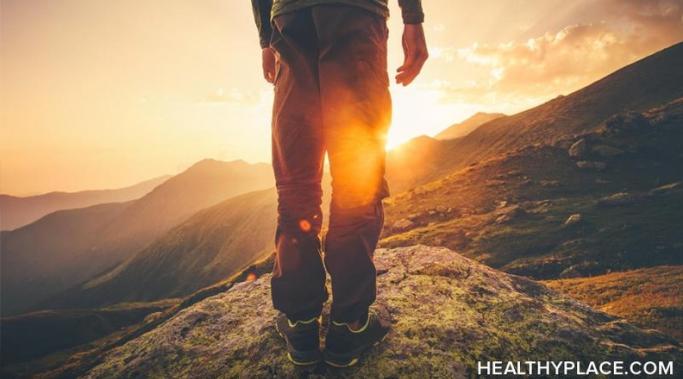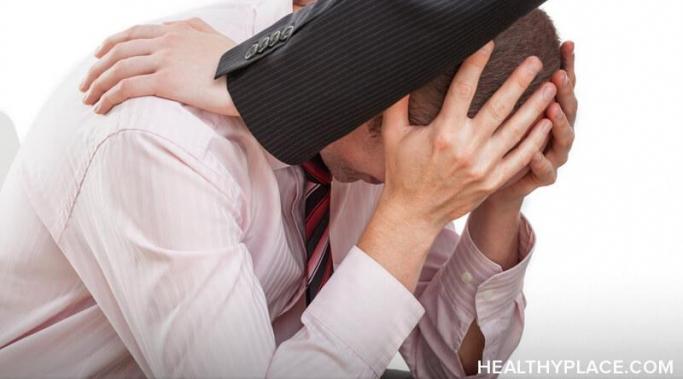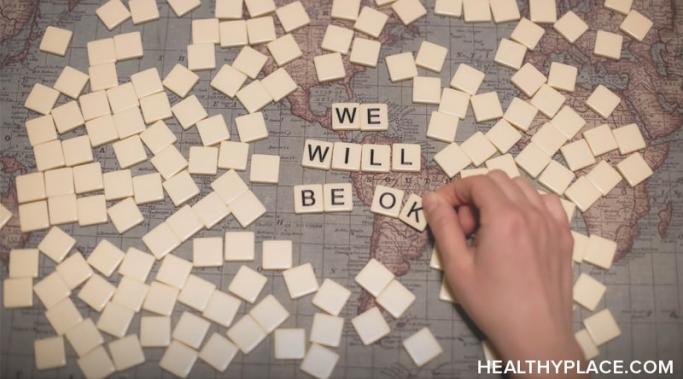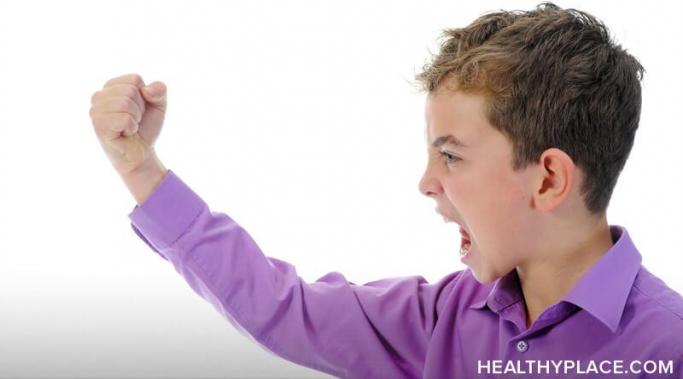Blogs
My coping skills for anxiety used to consist of immersing myself in my community or visiting a friend. I would frequently mix and mingle with my community to lighten the burden anxiety would put on my shoulders. We are now six months into a pandemic that calls for us to isolate and distance ourselves from those who keep us grounded. This lockdown has led me to find creative ways to search out my community as I needed new coping skills for my anxiety.
I never thought that coping with self-harm using nature could be so effective. When I was at my lowest, nothing seemed to help control the chaos that reigned my head. My self-harm was getting out of control, to the point that I was counting down the minutes to my next episode until I started walking six miles a day.
I'm a realist and I have bipolar disorder. I find this is a troublesome combination. I think this is because people often see realism as negativity, especially when you have bipolar. Realism isn't negativity, however. It's okay to be realistic with bipolar.
We live in a culture that prioritizes productivity and output above connection, rest, and self-care -- all essential components to maintaining mental health. As such, our sense of self-worth is often intimately tied up with our professional and financial lives. When you live with bipolar disorder, and all of the workplace challenges that come with it, that sense of worthiness can plummet into a lurch of suicidal feelings and ideation. I know, because work stress has taken me to those depths. (Note: This post contains a trigger warning.)
When life feels extremely heavy, it can be a struggle to keep moving in the right direction, let alone practice gratitude. Simply getting out of bed in the morning feels like an overwhelming task. But reminding yourself of one thing, as you navigate each of life's ups and downs, can be profoundly impactful. Even during the darkest moments, when life doesn't feel worth living, there is always something for which to be grateful.
In November of 2019, I moved to Arizona where the mountains and desert landscape are right outside my window. Before that, I lived in Florida, about 10 minutes away from the Gulf of Mexico's turquoise ocean and sugar-white sand. I always feel the most alive and at peace when I am outside, so it stands to reason, nature is my first line of defense in eating disorder recovery.
Abandonment issues are probably more common than one would expect, especially for recovering addicts. The fear of abandonment, attachment issues, a history of bad breakups, a difficult family dynamic, and many more unfortunate circumstances can all lead to a disdain for abandonment. In my addiction recovery, I have noticed that the real or perceived feelings of abandonment can lead to some really challenging addiction triggers for me.
About 12 ½ years ago, I was hospitalized for suicidal ideation in the inpatient psychiatric ward of my local hospital. Suicidal ideation is when you are thinking about suicide a lot but don’t have a plan to actually harm yourself. Still, I felt I was in danger, so I asked my fiancée to drive me to the hospital. (Note: This post contains a trigger warning.)
As the COVID-19 pandemic stretches on, living in its shadow has gradually become more and more familiar to us. But familiarity hasn't made any of it easier to live with, especially not those of us who were already struggling with our mental health prior to this year. Recovering from self-harm during a pandemic isn't easy—but it is possible.
There are precious few things to be optimistic about when one is depressed, so you must be thinking I'm cuckoo. Well, allow me to explain. The way I see it, nihilism is a school of thought which believes that life is meaningless. Needless to say, that's a depressing point of view. Optimistic nihilism is, therefore, a brighter outlook than mere nihilism as it proposes that since life is meaningless, we are free to give it whatever meaning we choose.









